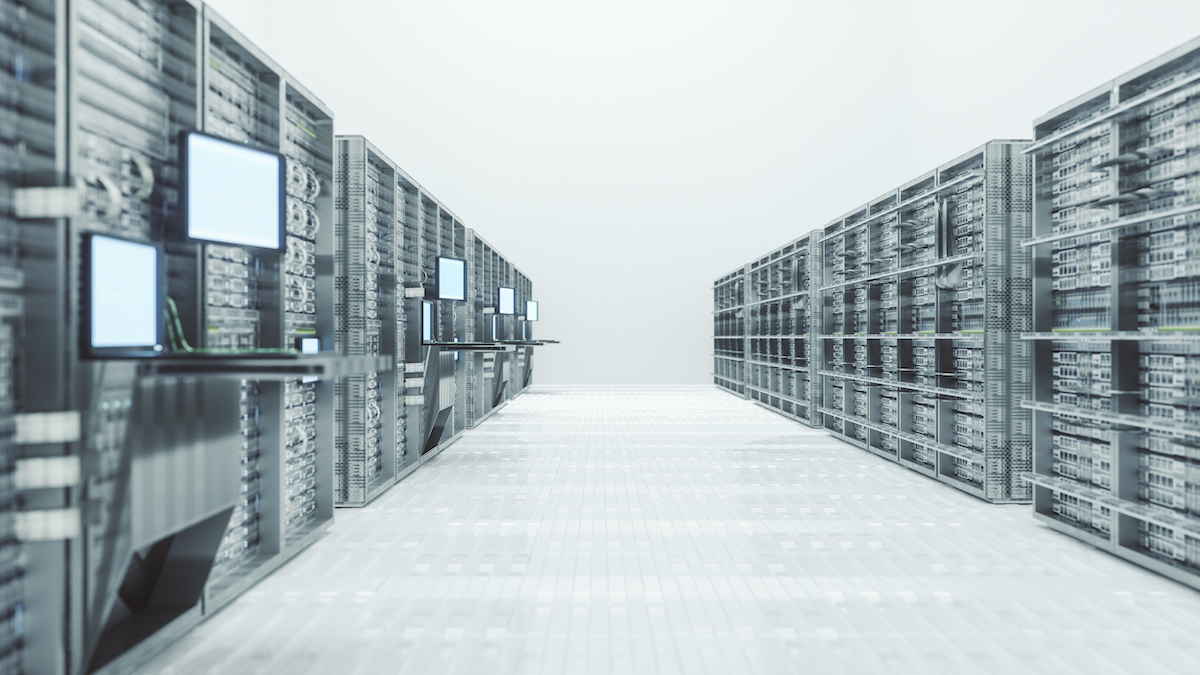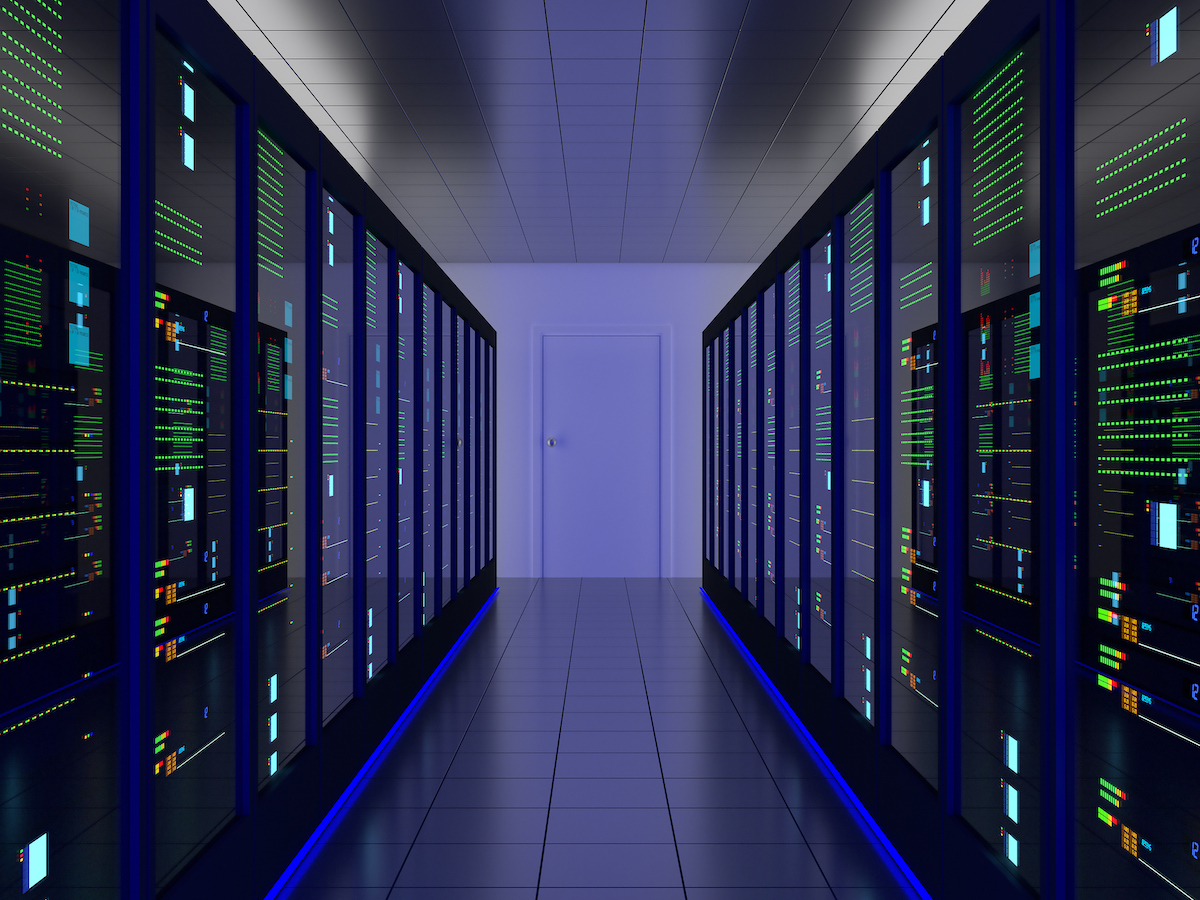The Colocation Provider Selection Checklist

For organizations thinking about migrating their data to a third-party data center, there are many advantages to going the colocation route. Colocation offers you cost savings while retaining control and mitigating your risk, and allows your IT department to focus on your core competencies, not your power and cooling needs. With colocation, you can easily meet bandwidth and scalability needs and connect with businesses all over the world.
When you weigh the benefits, it’s not surprising that colocation data centers are experiencing rapid growth. The colocation market was $25.7 billion in 2015, and it’s estimated to grow to $54.13 billion by 2020.
Once you’ve decided to make the move, how do you choose the right facility for you?
Data centers may appear to have only minor differences, but in reality, can differ widely in terms of physical location, connectivity, security and additional services provided. Determining which colocation provider to use can have a great impact on your ability to meet your goals and ultimately your organization’s success.
4 Critical Colocation Considerations for Your Unique Business Requirements
- Location: Where is the data center?
Location. Location. Location. If milliseconds matter, it’s best to select a data center that is close to where you do the most business. For example, if you are a financial services firm sending large volumes of data to the data center where every fraction of a second matters, distance can affect the transmission time. If your business can tolerate latency, you have more options for location and can look for the most competitive options.
Look for locations that are outside of flood zones and offer resilient power connectivity where in the event of an emergency your business will remain operational. Ensure the location is easily accessible from an airport or highway. You will also need to consider the physical facility itself. Have they been renovated in the last 5 years? What were the construction standards — windowless, hurricane resistant, how many pounds per square foot is the floor load?
- Connectivity: What options do we have?
When it comes to connectivity, you want a data center that provides you with options — including seamless connectivity to your on-premises data center and to your provider’s other colocated data centers. The colocated facility needs to provide a high level of reliability, offer high performance and allow you to control traffic prioritization, as well as meet all of your application needs and provide carrier diversity.
Items that should be on your checklist include:
- Carrier Neutral
- Carrier Agnostic
- Multi-home transit routing
- Multiple private connections to other data centers
- Enterprise-grade blended Internet bandwidth
- Full end-to-end network visibility
- Tier 1 connectivity and
- Quality of Service (QoS) capabilities
- Advanced global IP-based MPLS network
- Security and compliance: How does the provider ensure security?
In this age of the data breach, securing sensitive data is a top priority for all organizations. When partnering with a colocation provider, they must view security as an essential element of the service they provide. It is critical for any outside provider to provide additional layers to your existing cybersecurity and physical security measures to mitigate your risk.
Another priority for a colocated data center is that they help you meet compliance regulations like HIPAA and PCI-DSS and back their claims with third-party audits. Physical security needs should include biometric authentication, video surveillance, on-site guards, alarm systems and reinforced physical structures.
- Additional services: Support, customer amenities and environmental controls?
Your colocation provider’s SLAs should go beyond the basics to make sure that your equipment is safe, your data is secure and your staff is comfortable. Backup and recovery procedures need to be spelled out in detail and meet your unique specifications. Customer amenities should include private suites, conference rooms, Wi-Fi access and emergency services. Engineer consultations need to be available 24x7x365 to ensure uptime and manage installations. Environmental controls that include fire detection and prevention, lightning protection, leak and leak detection and an energy efficiency environment are required to protect your organization’s investment.
At OneNeck, our top-tier data centers are as robust as any facility you will find. We offer eight data center facilities located throughout the United States, so we are sure to have a facility that will perfectly match your requirements. We also provide a range of services, including colocation, managed services, and cloud services that will meet your needs today and well into the future.
Contact us today to learn more or read our eBook, Considerations When Selecting a Data Center Provider.





